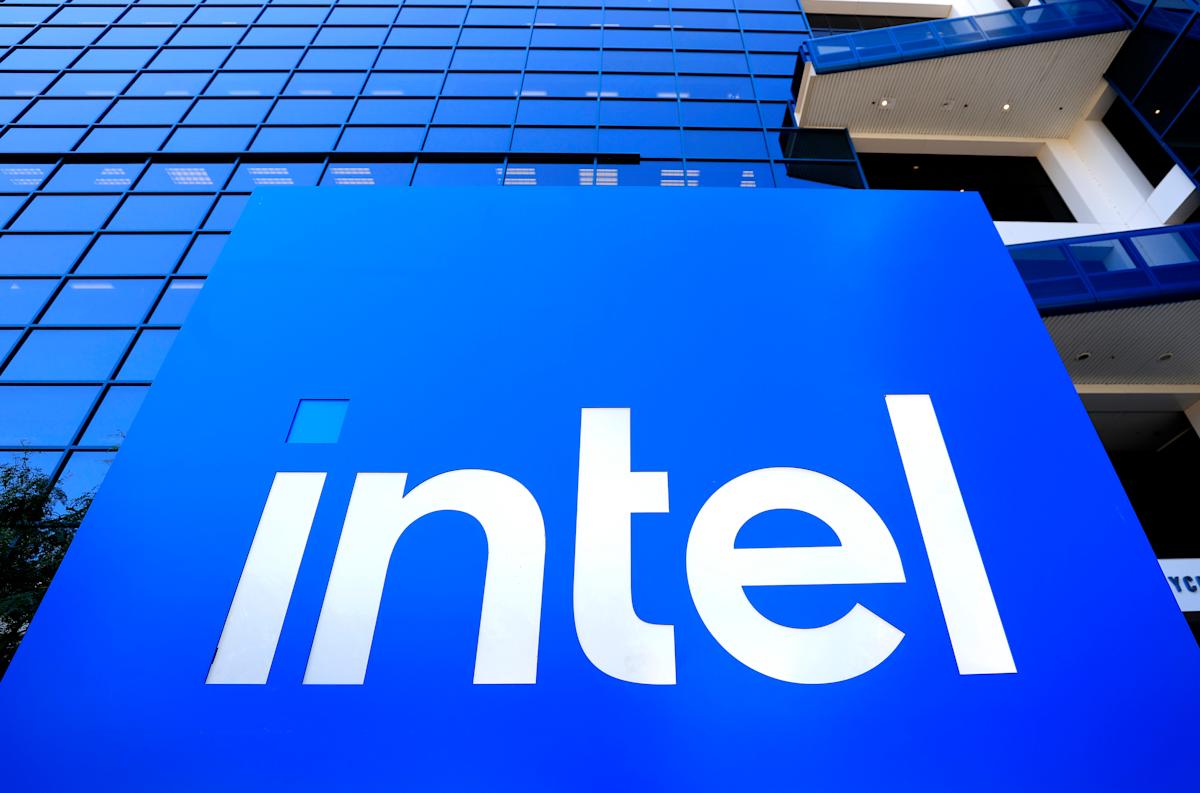Intel’s biggest problem isn’t going away with Nvidia’s $5 billion stake
Investors may have cheered Nvidia’s (NVDA) announcement that it will take a $5 billion stake in Intel (INTC), with shares of the latter soaring as much as 30% Thursday. But the investment does little to solve what is arguably Intel’s biggest problem: how to fix its ailing contract chip manufacturing business.
As part of the deal — which gives Nvidia a 4% stake in Intel — Nvidia will use Intel’s CPUs (central processing units) in its AI data center server systems, and Intel will use Nvidia’s AI tech in its semiconductors for personal computers.
But crucially, the agreement made no mention of Intel’s manufacturing business, Intel Foundry Services, the segment of Intel that has drawn widespread attention from investors and the US government and is struggling with heavy losses as AI has upended the chip market.
Intel has always manufactured its own semiconductors, but the company opened that manufacturing business to outside customers in 2021. The company, helmed at the time by former CEO Pat Gelsinger, launched Intel Foundry Services in a bid to revive the company as its product business lost share to competitors. The plan entailed spending hundreds of billions of dollars on new factories that would make chips for other companies.
But Gelsinger’s high hopes for the business largely floundered due to a lack of big customer commitments. Intel Foundry Services’ losses ballooned to $13 billion in its 2024 fiscal year from $7 billion in 2023. Those losses helped send Intel’s stock plunging 60% last year. Gelsinger was ousted by the company’s board in December.
The foundry business remains Intel’s biggest concern, Wall Street analysts say. Some argue for selling it, while others point out that doing so would make it more expensive for Intel to manufacture its chips due to economies of scale.
“This is a business that will continue to bleed cash at least through 2027,” CFRA analyst Angelo Zino told Yahoo Finance.
At a press conference with reporters to discuss Thursday’s deal, the CEOs of Intel and Nvidia left open the possibility of Nvidia becoming a customer of Intel Foundry Services. But they indicated that in the immediate term, the companies would partner with Intel rival TSMC (TSM) to produce new chips that they designed.
Meanwhile, the US has an interest in the success of Intel’s manufacturing business. Intel is the only large-scale, leading-edge US chipmaker and makes chips for the Department of Defense. Most of the world’s most advanced chips are made by Taiwan’s TSMC.


